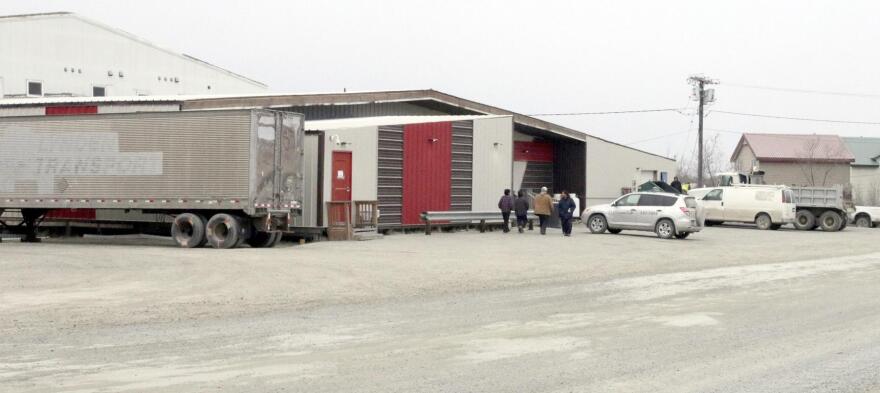When the AC Quickstop liquor store opened two years ago, local emergency services, law enforcement and social services saw a sharp rise in alcohol-related incidents — mostly public intoxication.
The Bethel City Council opposed the liquor store's license renewal, and the state Alcohol Beverage Control Board chose not to renew it in May. Alcohol sales have been limited ever since, but they could be shut down entirely in October, when Bethel residents vote whether or not to allow alcohol sales.
Meanwhile, a small non-profit in Anchorage thinks that Bethel can fill in key informational gaps about how rural Alaska deals with alcohol, specifically local option. Tiffany Hall, Executive Director of Recover Alaska, says that the group found little to no numbers about local option.
Just this past year, Recover Alaska tried to help push a massive bill through the Legislature that was six years in the making: Senate Bill 76. It would have revised alcohol regulations in Alaska.
The bill died in the state House at the last minute after clearing the Senate. Its sponsor, Senator Peter Micciche, withdrew it after stakeholders couldn’t agree on a House amendment.
While that bill addressed a lot of issues with Alaska’s alcohol regulations, it didn’t address local option. Hall blames the lack of input and the group's location in Anchorage.
Hall chose Bethel for a kind of case study about local option. Bethel’s history with the regulation dates back to 1960, when a proposal to allow liquor sales failed by 25 votes. And the town has toggled between allowing liquor sales in various capacities since then.
Hall says that she reached out to the Bethel ONC tribe and the Yukon-Kuskokwim Health Corporation a year ago about gathering data from Bethel and the surrounding communities so that she could gather data about local option.
It took a while, but Hall finally visited Bethel last week at the behest of those two organizations. She says that Recover Alaska is also working with the Institute for Circumpolar Health and the Alaska Native Tribal Health Consortium.
But Hall says finding the data will be a challenge.
"In some cases that will mean electronic cases, and other cases that means boxes of handwritten paper," Hall said.
Hall also plans to talk to villages in the Y-K Delta, but doesn’t expect to find many records there because of sparse resources.
"So we’ll just be trying to have a conversation, and getting qualitative data where possible," Hall said.
Hall says that Recover Alaska could have its initial findings as soon as this December. But, she says, it will take a lot of time to gather all the data the group needs. And once they are done, Hall says that they still have to figure out who gets the data.
"We are not exactly sure how we plan to roll that out," Hall said.
Meanwhile, the group is reaching out to local stakeholders, like the Tundra Women’s Coalition and Search and Rescue, for any information and insight they have on the town’s local option history.

